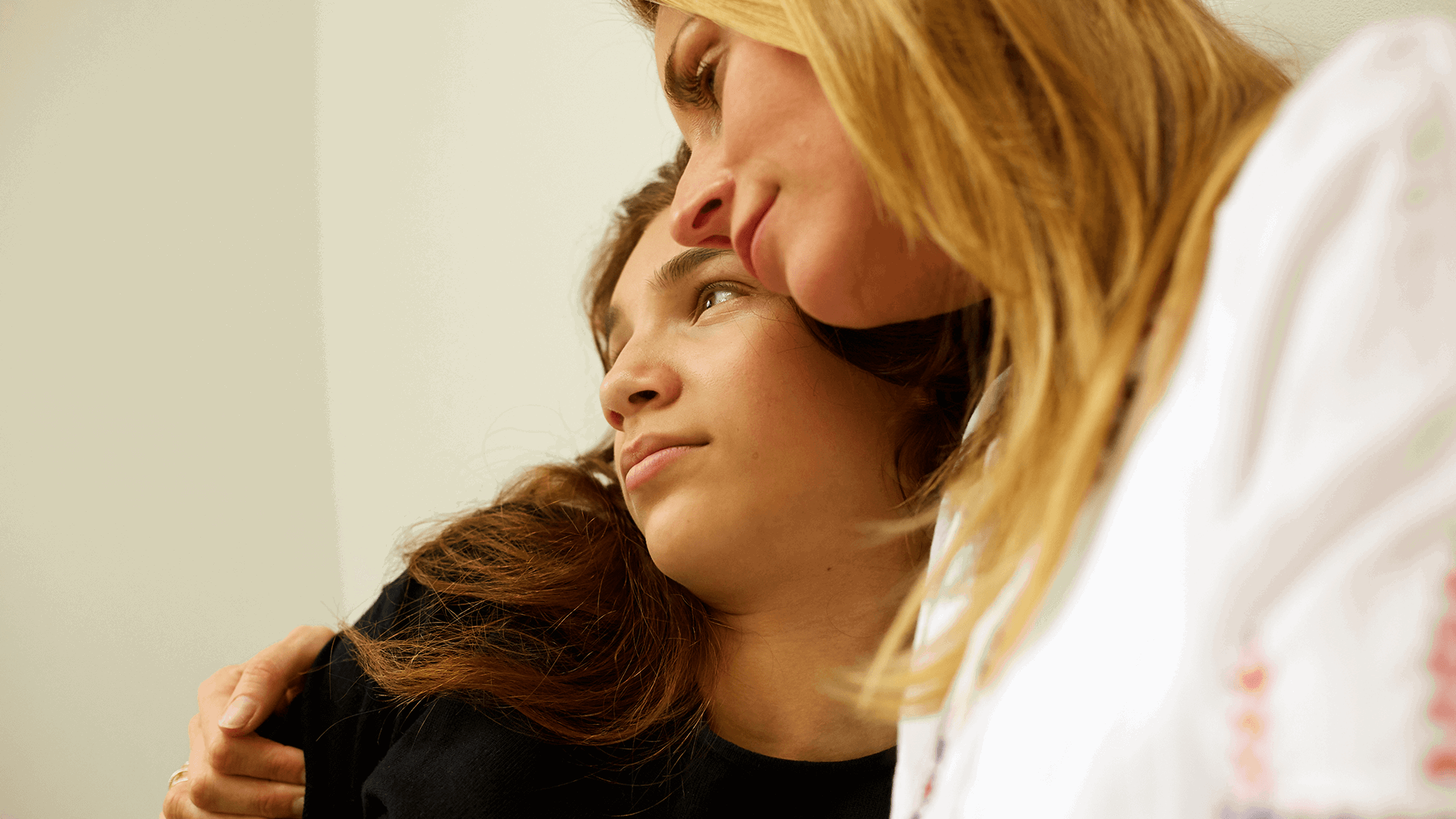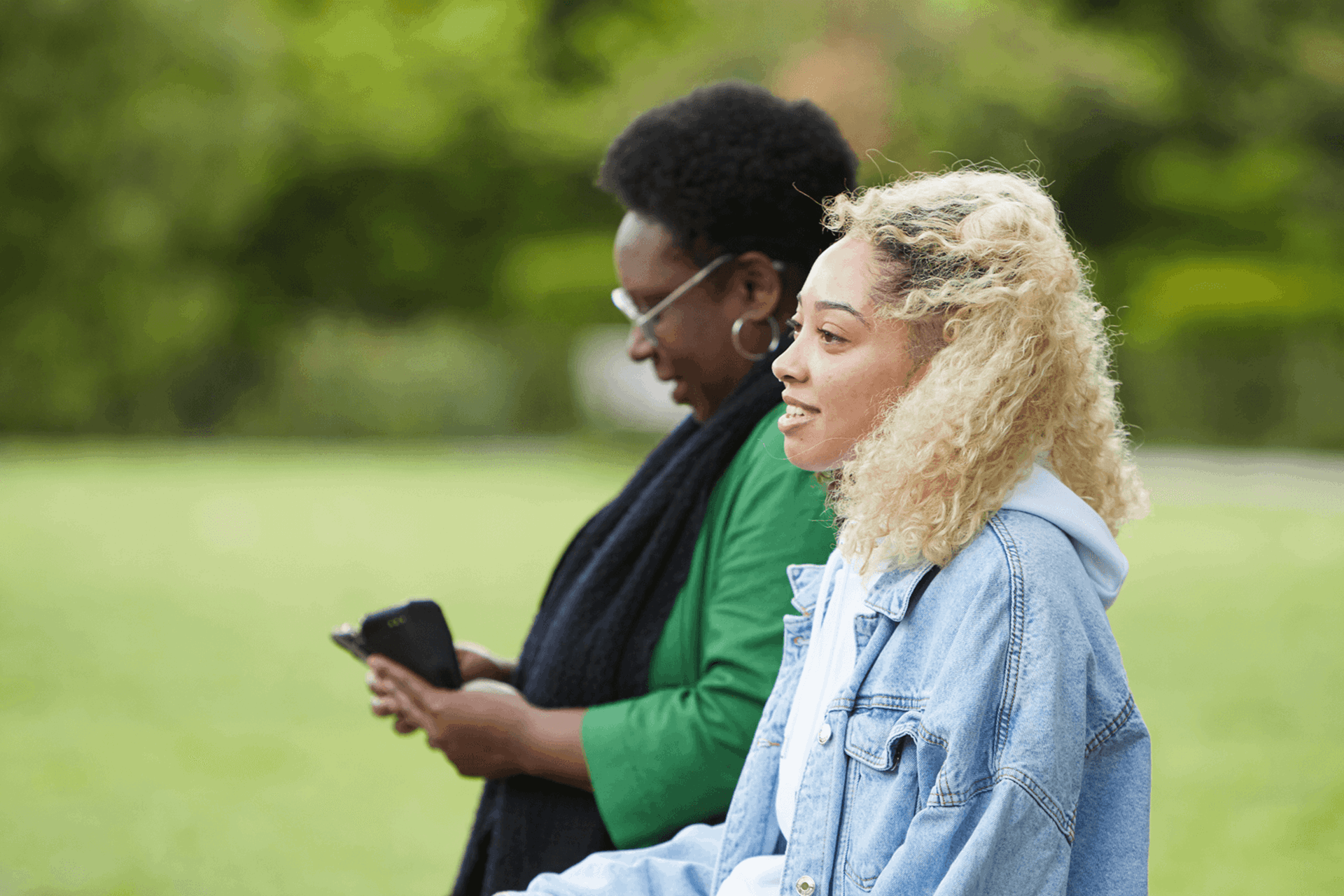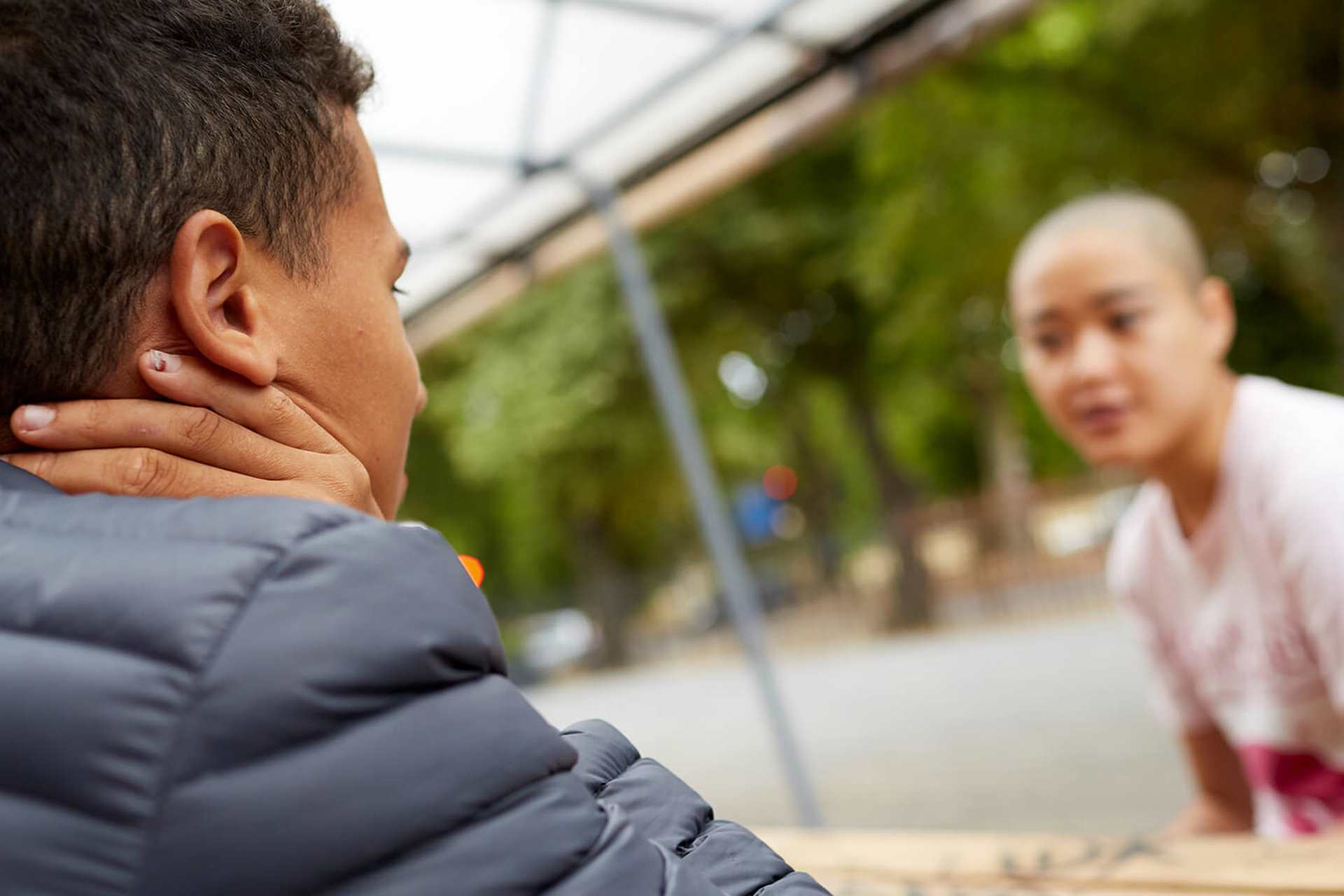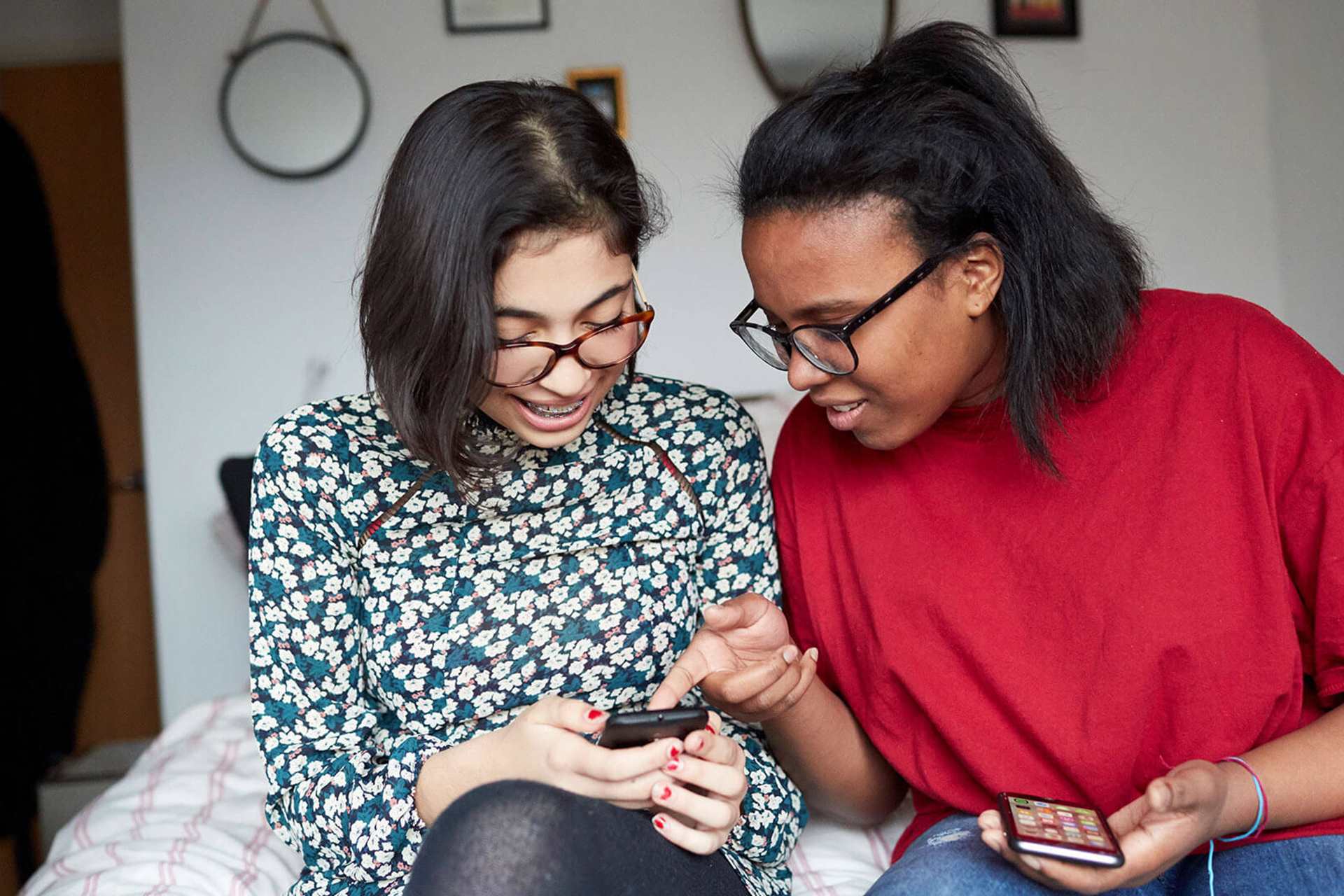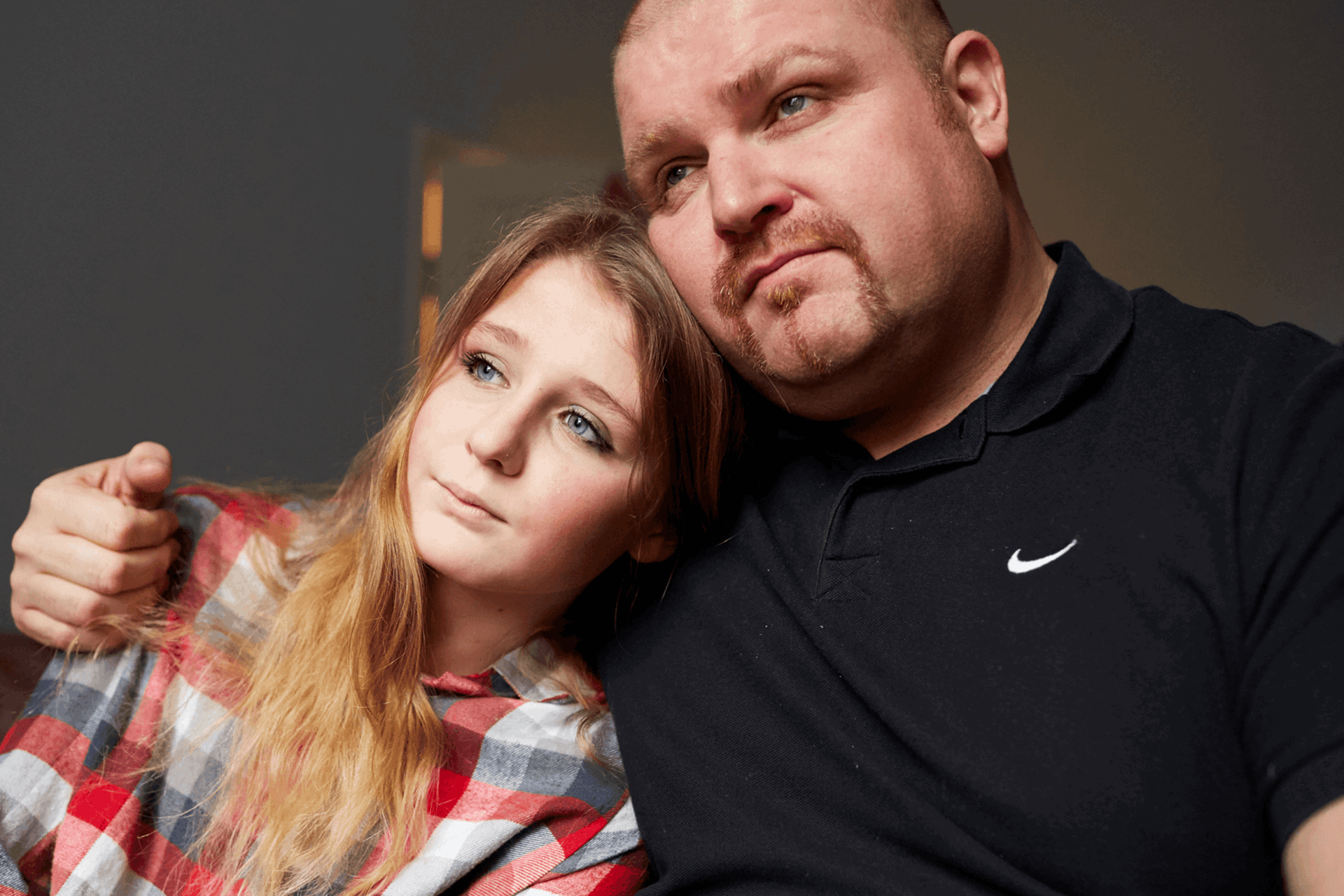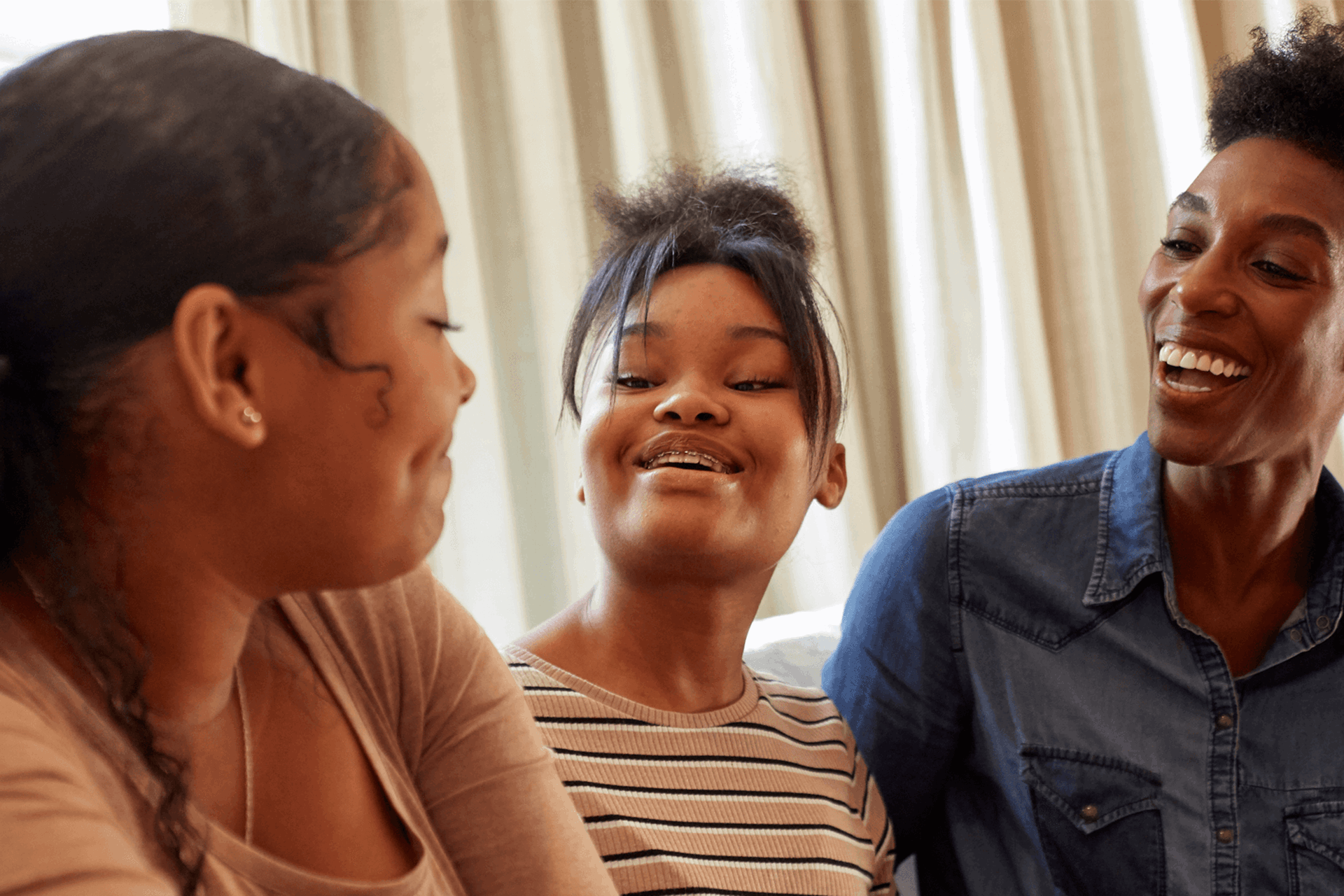Topics mentioned: family, reaching out for help, alone and misunderstood, anger, mental health, social media
About: Hannah, 23, explains what it's like to be a young person struggling with their mental health today, and what she wishes older generations understood.
Our present world is so fast-paced and constantly changing that it makes comparisons with the experiences of older generations even more pronounced.
“Back in my day we didn’t have all this nonsense!”
Many of us young people have probably heard this phrase. It can be so annoying and frustrating, even distressing when older generations seem dismissive or even just downright offensive when it comes to our mental health or ‘young people issues’.
I’ve been there and it has had such a negative impact. Not just on my wellbeing, but also my recovery. It can be a hard line to walk, and often the people making these comments are close to us or even part of our families. Throughout history each new generation has faced their own challenges, experiences and ideas. Our present world is so fast-paced and constantly changing that it makes comparisons with the experiences of older generations even more pronounced.
If you are someone who is struggling to comprehend or understand the challenges faced by younger generations, I hope my blog gives you a little insight and tips on how you can be supportive, even if you don’t understand or agree.
It’s hard to explain the complexities of mental health, and almost impossible when you are in the midst of struggling.
My grandmother found it hard to understand why I was the way I was. She didn’t understand mental health problems and had lots of misconceptions and outdated ideas. It’s hard to explain the complexities of mental health, and almost impossible when you are in the midst of struggling.
We spent many years in loggerheads with each other. I was angry and upset that someone who I thought was meant to love and care for me could say the things she did and act the way she did. I felt that the way she constantly put her foot in it and said the wrong thing was a personal attack.
But now I’m older, I understand some of the reasons why this happened. I have come to terms with the generational differences we had. It doesn’t mean I accept or approve of behaviours which were gaslighting or hurtful. It means that I see it from a different perspective and appreciate there wasn’t intentional malice. I believe what my grandmother said came from a place of love and care, but she just didn’t understand.
She had grown up in the war, had been brought up to just get through it, a stiff upper lip and all that. She was scared as she couldn’t comprehend what was happening and felt powerless to help in any way. She was so used to problem solving and finding answers that she couldn’t accept that there seemed to be no answers.
Just because our challenges are different doesn’t mean they are any less of a problem.
The issue with mental health struggles is there is no ‘answer’, no magic wand, pill or cure. We can’t see mental health, it doesn’t make sense and can appear totally irrational to an outsider. But it’s very real and personal to whoever experiences it. Many young people who haven’t experienced mental health difficulties struggle to empathise with those who do. For those of a different generation, it can be even more of an alien concept.
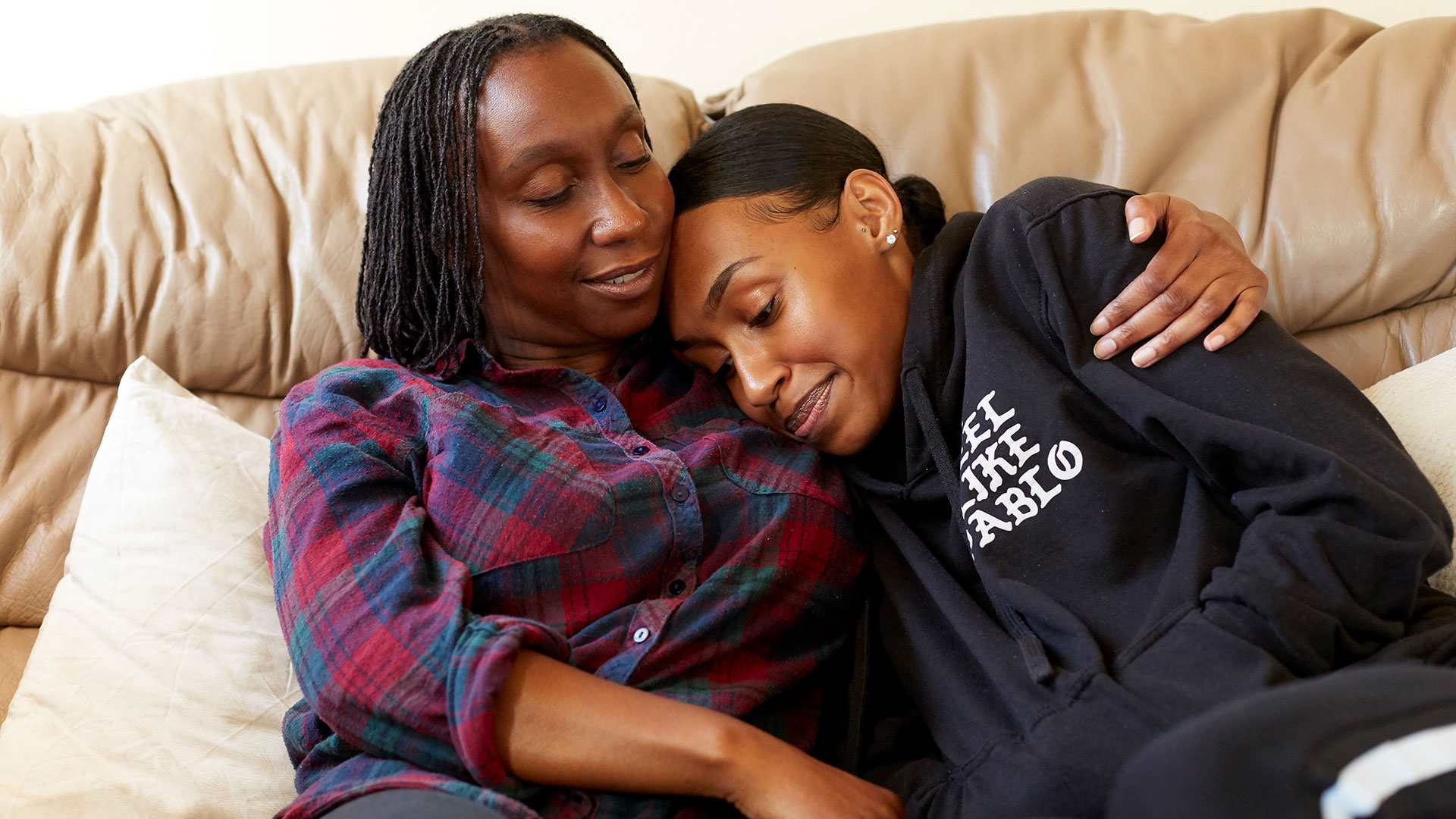
It’s important to note that the world has changed so much. The issues young people are facing are constant and all-consuming – the pressures have been heightened and it feels like there is no escape. In the age of technology, it isn’t easy to just not go on your phone as that in itself can lead to isolation. These days connections are made through online communication.
The world has become so much smaller, you cannot get away from anything. This leads to young people being exposed to the whole world from a younger age. Of course, this has many benefits. But it also adds an excessive amount of pressure and is very overwhelming. Social media might look like the enemy, but it’s here and it’s not going anywhere. It’s part of life now and just saying it’s bad is not the answer.
If you are an adult reading this, there are aspects of your childhood that we will never be able to fathom either. Just because our challenges are different doesn’t mean they are any less of a problem. We will never reach an answer when trying to compare our generational differences, so we must learn to accept the things we cannot fully understand.
You cannot know life from our perspective.
Mental health isn’t selfish. It may appear that way if you haven’t been there or don’t understand, but instead of being judgemental or dismissive, educate yourself on the perspectives and challenges of this new generation.
You don’t have to agree, but all we ask is that you see our world as a different time. Just like we cannot imagine growing up in the war, or in a time when teachers were allowed to throw things at children. You cannot know life from our perspective.
We don’t need you to problem solve (sadly, there is no simple solution). We just ask that you love us, listen to us and sometimes even just sit with us in our struggles. Accept that you may never understand why things are the way they are but that’s ok – you can still be there for us and accept us. And we can try to do the same for you in the things you may be struggling with.
We just ask that you love us, listen to us and sometimes even just sit with us in our struggles.
More information and advice
We have tips and advice to help you find the support you need. Take a look at our guides.
Where to get help
However you're feeling, there are people who can help you if you are struggling. Here are some services that can support you.
-
Childline
If you’re under 19 you can confidentially call, chat online or email about any problem big or small.
Sign up for a free Childline locker (real name or email address not needed) to use their free 1-2-1 counsellor chat and email support service.
Can provide a BSL interpreter if you are deaf or hearing-impaired.
Hosts online message boards where you can share your experiences, have fun and get support from other young people in similar situations.
- Opening times:
- 24/7
-
Tellmi
Formerly known as MeeToo. A free app for teenagers (11+) providing resources and a fully-moderated community where you can share your problems, get support and help other people too.
Can be downloaded from Google Play or App Store.
